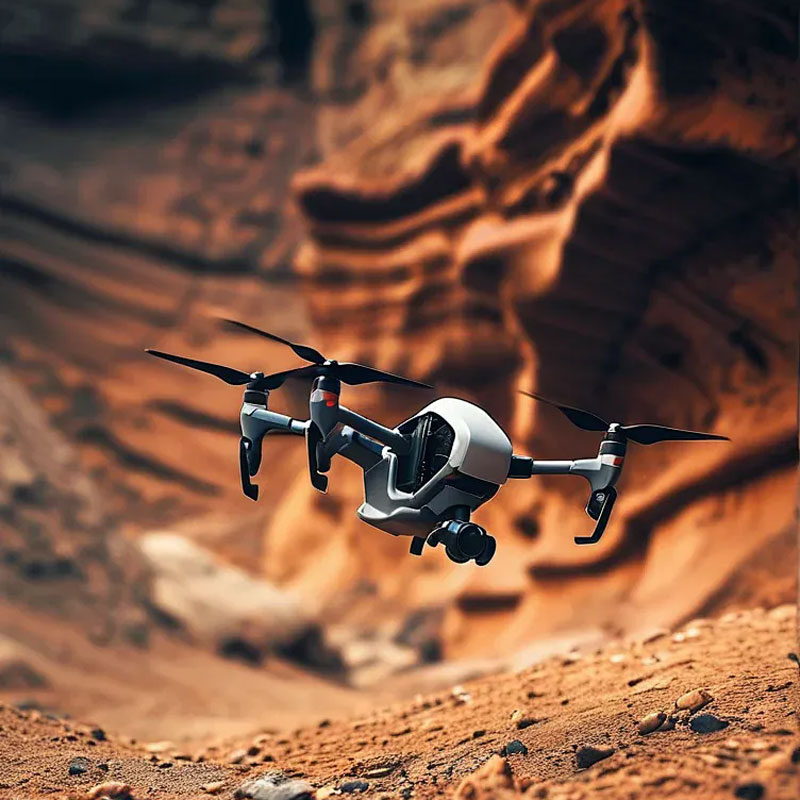In recent years, the use of unmanned aerial vehicles (UAVs), commonly known as drones, has become a pivotal asset in state security and strategic operations. A notable development in this realm is Ukraine’s deployment of drones as part of its defense strategy, significantly influencing Moscow’s perception of regional security. The role of Ukraine’s drones in reshaping security dynamics is multifaceted and continues to evolve, sparking a series of global discussions and analyses.
The Rise of Ukraine’s Drone Capabilities
Ukraine’s investment in drone technology has been motivated by the necessity for efficient reconnaissance and military capabilities. In enhancing these capabilities, Ukraine has developed a range of drones specifically designed for both surveillance and, potentially, tactical offensives.
With a focus on adaptability and resilience, Ukrainian drones have been engineered to operate under diverse conditions, making them a formidable tool in the Ukrainian military’s arsenal. Their success is not only measured by their operational effectiveness but also by their psychological impact on adversaries, particularly noticeable in the context of Moscow.
Implications for Moscow
Moscow, having observed the strategic advancements by Ukraine, has expressed concerns over the increasing capabilities of Ukrainian drones. This technological evolution poses a significant threat to Russia’s traditional military superiority in the region. To counteract this, Moscow has bolstered its air defense systems, prioritizing advancements in radar and drone detection systems to mitigate potential drone incursions.
Additionally, the presence of these drones has forced Moscow to rethink its tactical approaches and consider modern warfare’s technological dynamics. This highlights a shift in defense strategies, where aerial technology plays a crucial role, challenging the conventional military doctrines.

The Strategic Edge
Beyond the immediate military implications, Ukraine’s drones prove advantageous in intelligence-gathering missions. The ability to perform clandestine operations without risking human lives gives Ukraine a strategic advantage, particularly in the contested areas where on-ground surveillance is fraught with risk.
These drones can collect crucial data that informs military decisions, supporting Ukraine’s defense goals and providing a comprehensive view of adversarial activities. Such intelligence is invaluable for preemptive measures and ensuring that Ukraine remains one step ahead in strategic planning.
The Future of Drone Warfare
As technology progresses, the future of warfare inevitably involves drone technology as a staple. Ukraine’s advancements in this field serve as a case study for other nations, showcasing both the opportunities and challenges posed by drone warfare.
The innovations in UAVs have prompted discussions on ethical considerations, rules of engagement, and international law, urging global consensus on managing drone warfare responsibly. As more states invest in similar technologies, international regulations will need to evolve to balance defense needs with global security concerns.
Conclusion
Ukraine’s deployment of drones has marked a turning point in military and strategic landscapes, particularly affecting Moscow’s security strategies. As these technologies continue to develop, the wider implications on international security paradigms cannot be underestimated.
Moscow’s response to Ukraine’s drone advancements is indicative of broader geopolitical shifts, emphasizing the need for adaptive strategies in modern warfare. The dialogue around drone technology and its implications is bound to grow as it reshapes both national security frameworks and international relations.
FAQs
Q: How has Ukraine’s drone technology influenced global military strategies?
A: Ukraine’s advancements in drone capabilities have reiterated the importance of modern technology in warfare, pushing other nations to reevaluate their military investments and strategy paradigms to include sophisticated UAV systems.

Q: What are the ethical challenges associated with drone warfare?
A: Ethical challenges include the potential for civilian casualties, the depersonalization of conflict, and the need for transparent international laws governing the use of such technology.
Q: How can countries mitigate the risks associated with drone warfare?
A: Nations can mitigate risks by investing in robust air defense systems, engaging in international dialogues to establish clear rules of engagement, and promoting the responsible use of drone technology.
